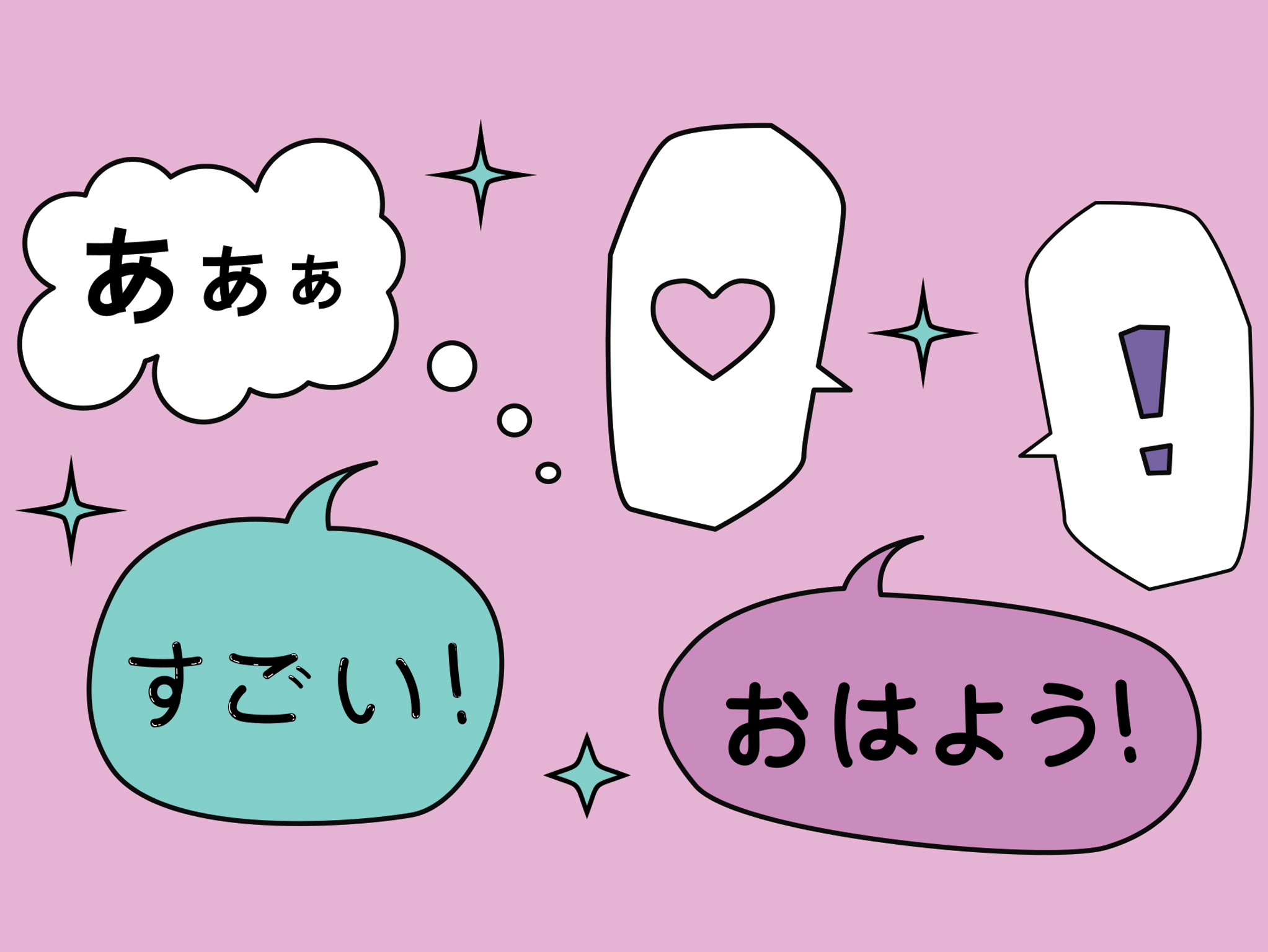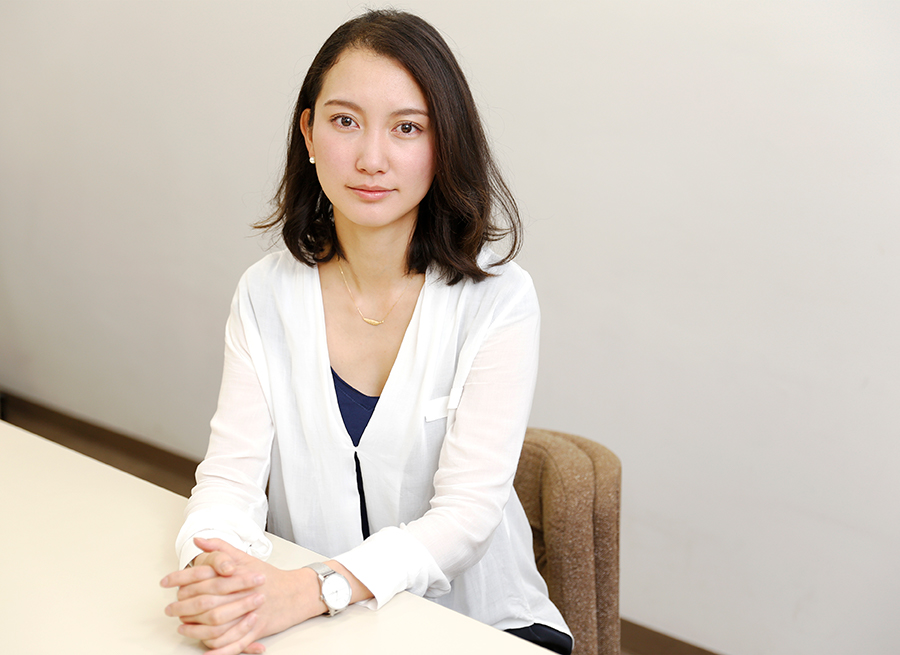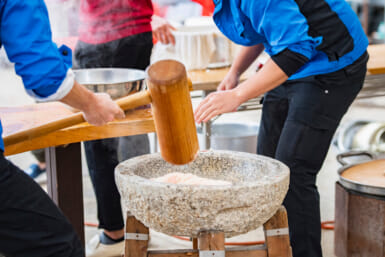On Tuesday, publishing company Jiyu Kokumin Sha announced its list of nominees for Japan’s Buzzword of 2024. An interesting guide for gauging this year’s trends, it covers topics ranging from sport and entertainment to politics and crime. Here’s a look at the 30 buzzwords and phrases chosen.

Sports Buzzwords
50-50: In October, Shohei Ohtani became the first player in MLB history to record 50 home runs and 50 stolen bases. His 50-50 ball was sold at auction for more than $4 million.
Bureikin: In August, Japan’s Ami Yuasa became the first female athlete to win an Olympic gold in breaking, also known as breakdancing.
Meigen ga Nokosenakatta: Haruka Kitaguchi was frustrated that she was unable to come up with a suitable inspirational phrase after winning a javelin gold at the Olympics.
Yabai, Kakkoyosugiru ore: “Whoah, I’m just too cool,” was Tokito Oda’s comment after he won a Paralympic gold in men’s wheelchair tennis.
Shoro Japan: Meaning “past middle-age,” this was what Japan’s equestrian team called themselves after winning the country’s first medal in the sport since 1932.
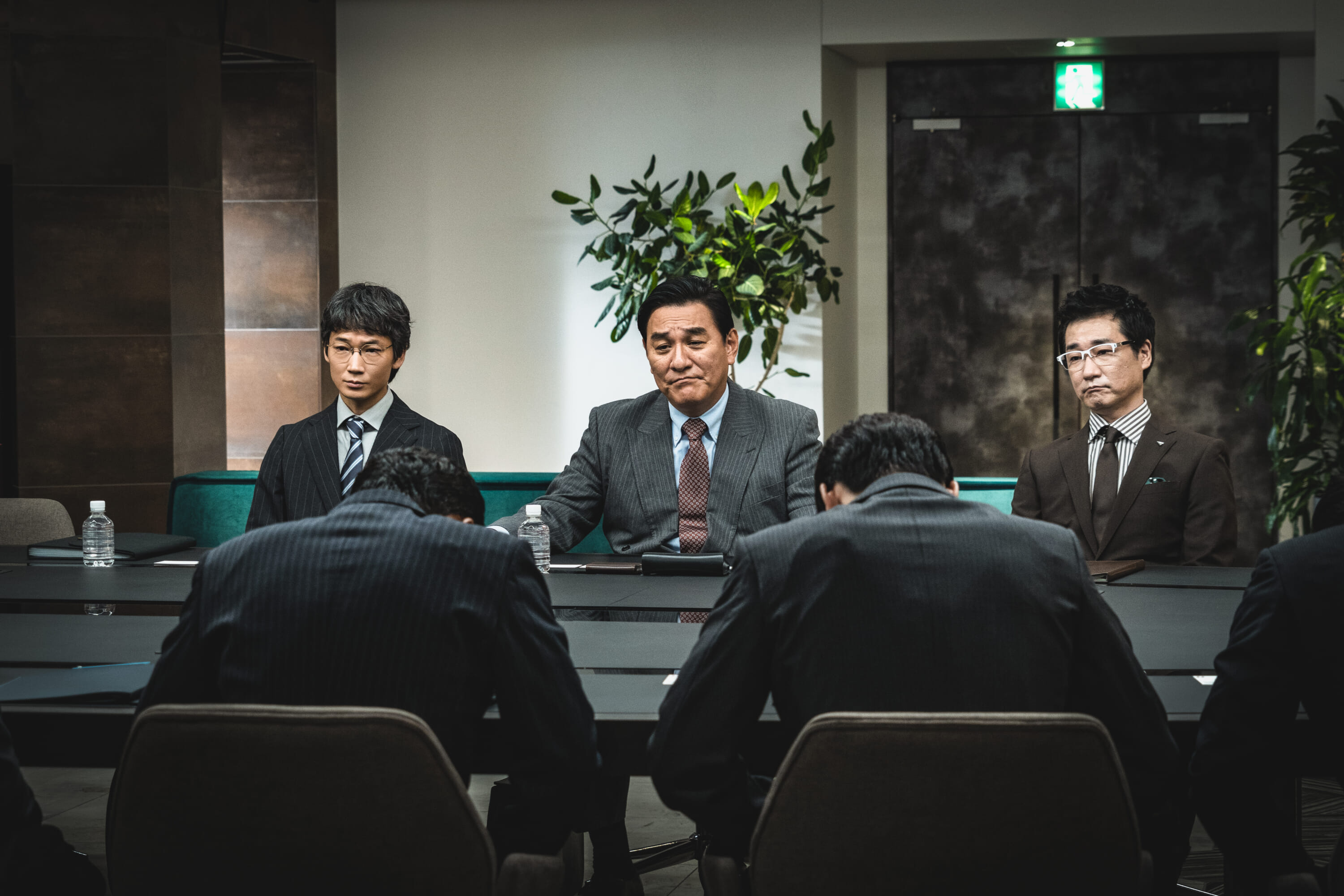
Tokyo Swindlers © Ko Shinjo/Shueisha
Entertainment Buzzwords
Samurai Taimu Surippa: The Japanese name of the heartwarming time-traveling independent film, A Samurai in Time, that became a nationwide hit.
Hate: Expressing bewilderment, this phrase was often used by lawyer Tomoko Inotsume (Sairi Ito) in the NHK morning drama Tora ni Tsubasa (The Tiger and Her Wings).
Fute Hodo: A shortened version of Futekisetsu ni mo Hodo ga Aru! (Extremely Inappropriate!), one of the most popular Japanese dramas of the year.
Mo Ee Desho: Meaning “I’ve heard enough,” or “OK, fine,” this phrase was regularly used by Goto (Pierre Taki) in the popular Netflix series, Tokyo Swindlers.
Hai Yorokonde: Released in May of this year, Kocchi no Kento’s song “Hai Yorokonde,” meaning “I’d be glad to,” has amassed more than 120 million views on YouTube.
Bling-Bang-Bang-Born: A song by hip-hop duo Creepy Nuts, “Bling-Bang-Bang-Born” gained popularity in Japan and internationally through the “BBBB Dance” internet challenge.
8-Ban Deguchi: In the walking simulator video game, The Exit 8, players are trapped in a seemingly endless Japanese metro passageway and must try find their way out.

Social Media Buzzwords
Azarashi Yochien: A rescue center for seals in the Netherlands became an internet sensation in Japan due to the cuteness of the sea creatures. It became known as a “seal kindergarten.”
Konbini Fujisan: The Lawson convenience store in Fujikawaguchiko went viral in 2022. Two years later, a black sheet was put up in front of it because tourists had become a nuisance.
Neko Meme: After a kitten cutely bounced to the tune of “My Happy Song,” the number of cat memes trending on social media increased significantly.
BeReal: The French social-networking app, which asks users to post unfiltered photos of themselves once a day, has really taken off in Japan this year.
Kaiwai: This is the word for a neighborhood. However, among youngsters, it is now used to refer to groups with things in common, such as shizen kaiwai for those posting nature pictures on social media sites.
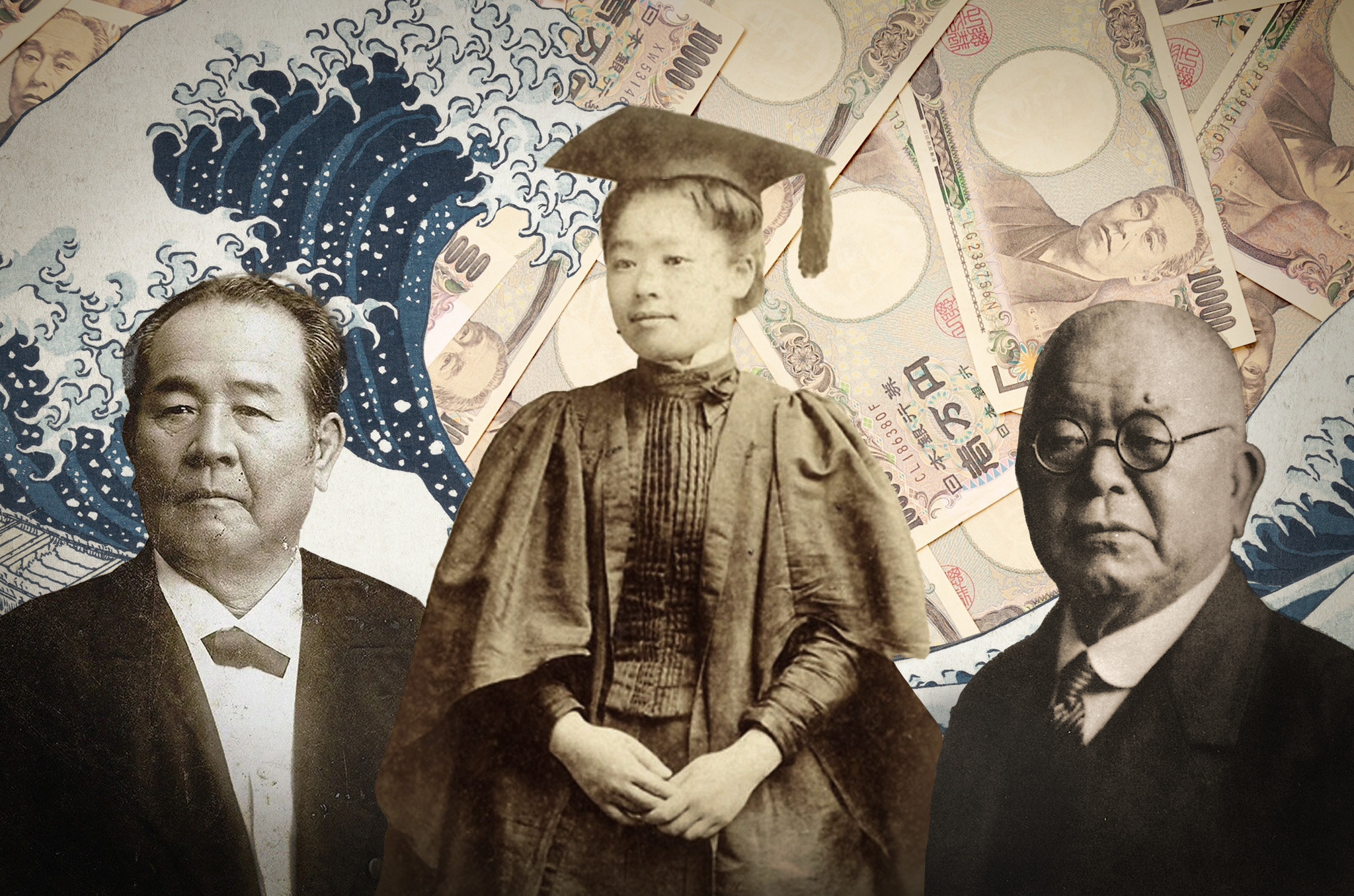
Politics and Money Buzzwords
Uragane Mondai: The slush funds scandal dominated headlines this year after it was discovered that LDP factions were underreporting the sales of fundraising party tickets.
Shin Shihei: On July 3, Japan introduced new banknotes. The new faces are Shibasaburo Kitasato (¥1,000), Umeko Tsuda (¥5,000) and Eiichi Shibusawa (¥10,000).
Shin NISA: An abbreviation of Nippon Individual Savings Account, a system that encourages people to shift from savings to investment. It was launched on January 1, 2024.
Maina Hokensho Ipponka: From December 2 of this year, the government will no longer be issuing health insurance cards. They will be integrated with My Number cards instead.
Kasuhara: In October, the Tokyo metropolitan assembly passed an ordinance aimed at protecting service workers from kasuhara (customer harassment). It will go into effect next year, though it doesn’t carry penalties.

Food, Crime and Everything Else
Asai Bouru: Popular in Japan around two decades ago, açaí bowls — served as smoothies in a bowl with various toppings — have enjoyed a resurgence here this year.
Inbaundon: A portmanteau of inbaundo (inbound) and don (rice bowl), it’s an expensive version of the popular Japanese dish topped with high-end seafood.
Reiwa no Kome Soudou: The so-called “Reiwa Era Rice Riots” didn’t involve any actual riots, just a shortage of rice at supermarkets this summer.
Tokuryu: Ad hoc groups set up to commit crimes. The members are promised high payouts. They usually don’t know each other or the people directing their activities.
Howaito Anken: Translated as “white job,” Howaito anken is basically a euphemism for yami baito, which means part-time, shady employment, often leading to illegal activities.
Nankai Torafu Jishin Rinji Joho: Following a magnitude 7.1 earthquake off the coast of Miyazaki Prefecture in August, the Japan Meteorological Agency (JMA) issued its first ever megaquake alert.
Hidankyo: The Nihon Hidankyo, a group that represents survivors of the atomic bombings of Hiroshima and Nagasaki, won the Nobel Peace Prize last month.
Sofuto Rogai: Meaning “soft old-timer,” this phrase was coined in the book How To Quit Your Job by Osamu Suzuki, who realized he was too strict on his younger colleagues.

